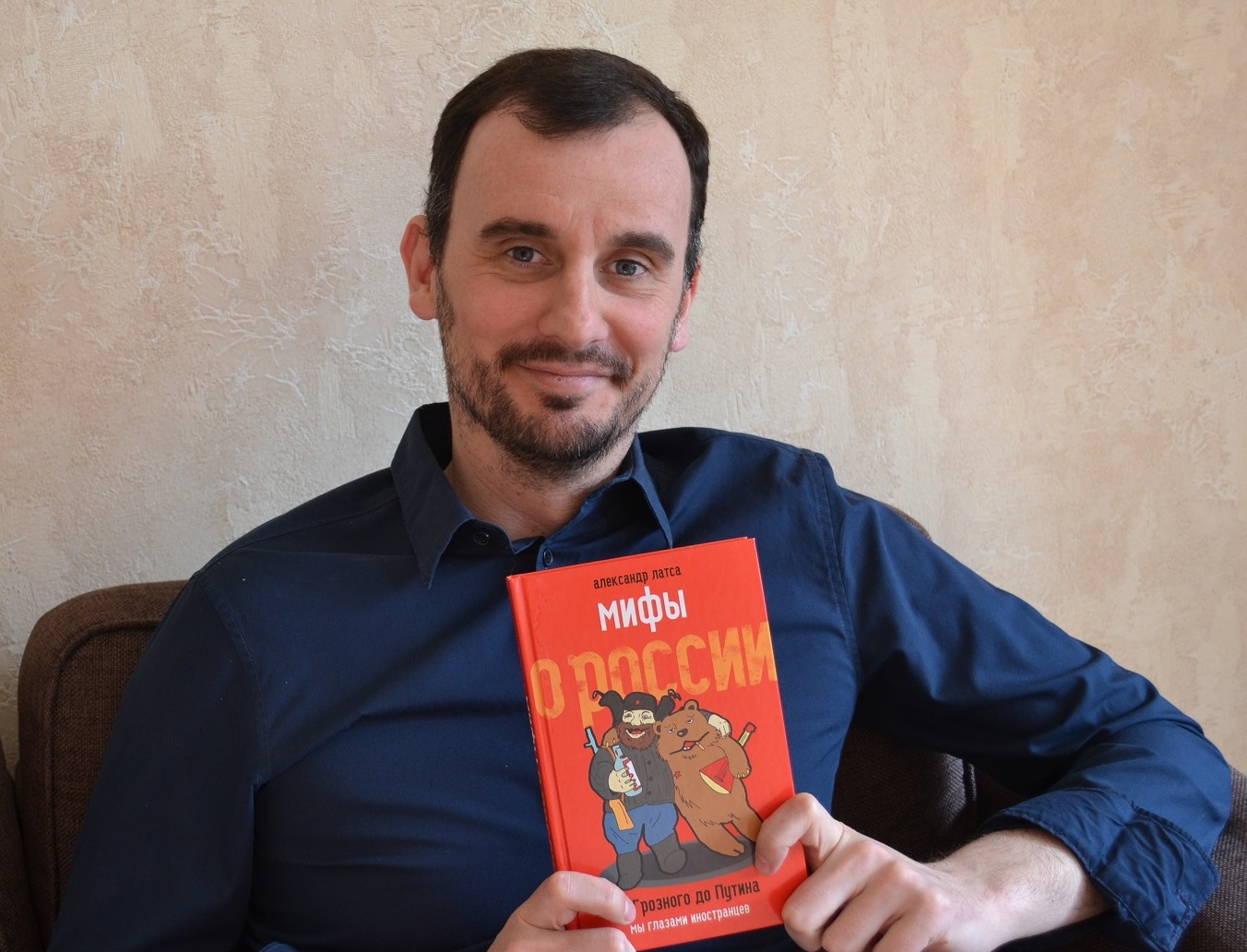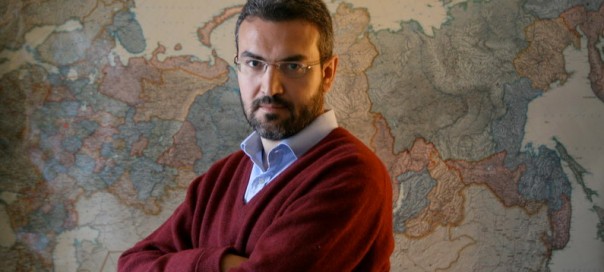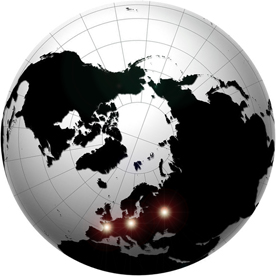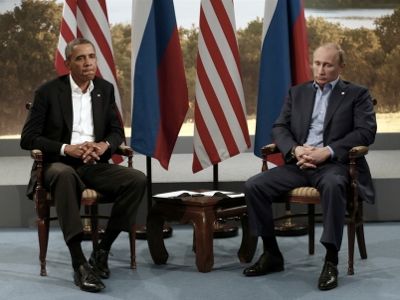Dear readers, I am really very glad to present You my first article being published in The Washington Times, via an insert produced by Russia House Associates in cooperation with Voice of Russia. You can find the insert on the WT website on this link: http://media.washtimes.com/media/misc/2013/06/10/201300611-voiceofrussia.pdf
And also on this link http://www.washingtontimes.com/
***
At the time of the collapse of the Soviet Union, in 1991, America triumphed in the sands of Iraq and announced the birth of a new world order dominated by the West. The end of the USSR marked the beginning of an era in which the Euro-American alliance assumed unchallenged control of the world’s economic, political, military and moral order.
On the European continent, the Western alliance seemed destined to gradually incorporate the entire former Soviet world for eternity.
From that moment, the Europeans, freed from Communism, seemed to fi nally have won the right to join the Euro-Atlantic community and develop their market economy. In a world that had become unipolar, they also appeared to have the right to choose between the West and the West, between NATO and NATO and between Coca-Cola and Pepsi.
This myth of the new unipolar world order did not last very long, however. Only 10 years after its birth, on 11 September 2001, America, the mightiest power the world has seen, was attacked on its own territory.
A year earlier, in Moscow, another fundamental geostrategic event took place, although very few analysts paid attention to it at the time: the election of President Vladimir Putin. That election marked the political birth of a new Russia.
A few hours after the attacks on the World Trade Center, the Russian president was the very fi rst head of state to speak to President Bush and offer him political and military support in the fi ght against terrorism. Russia, which at that time was facing an Islamist guerrilla insurgency in the Caucasus and terrorism on its own territory, clearly understood the fundamental importance of global, comprehensive and long-term cooperation in the fi ght against this scourge.
Unfortunately, Russia’s outstretched hand was not grasped by US strategists.
The wars against terrorism – initiated by America during the last decade in Afghanistan and Iraq but also to a limited extent in Pakistan, Somalia and indirectly in Libya – did not pay off. Worse, they have arguably contributed to the weakening of America’s fi nances, exacerbated its post-2008 economic downturn and laid bare the fl aws of the Western financial system.
Continue reading →
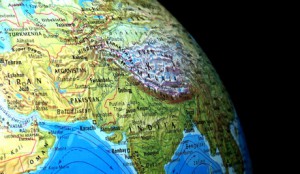 Il y a a peu près un an, j’écrivais un texte intitulé Vers un monde sans Union Européennne ?, dans lequel je prédisais que l’Europe (au sens de l’Union Européenne) ne serait plausiblement jamais, sous sa forme actuelle, un acteur majeur et viable du monde de demain. L’absence d’authentiques structures politiques et donc de souveraineté ne devrait pas en effet lui permettre de s’opposer aux nouveaux géants que sont les BRICS ou les grand blocs émergents, dont les clefs de fonctionnement politiques et stratégiques sont au contraire fondés sur la toute puissance du politique et l’affirmationde lasouveraineté.
Il y a a peu près un an, j’écrivais un texte intitulé Vers un monde sans Union Européennne ?, dans lequel je prédisais que l’Europe (au sens de l’Union Européenne) ne serait plausiblement jamais, sous sa forme actuelle, un acteur majeur et viable du monde de demain. L’absence d’authentiques structures politiques et donc de souveraineté ne devrait pas en effet lui permettre de s’opposer aux nouveaux géants que sont les BRICS ou les grand blocs émergents, dont les clefs de fonctionnement politiques et stratégiques sont au contraire fondés sur la toute puissance du politique et l’affirmationde lasouveraineté.